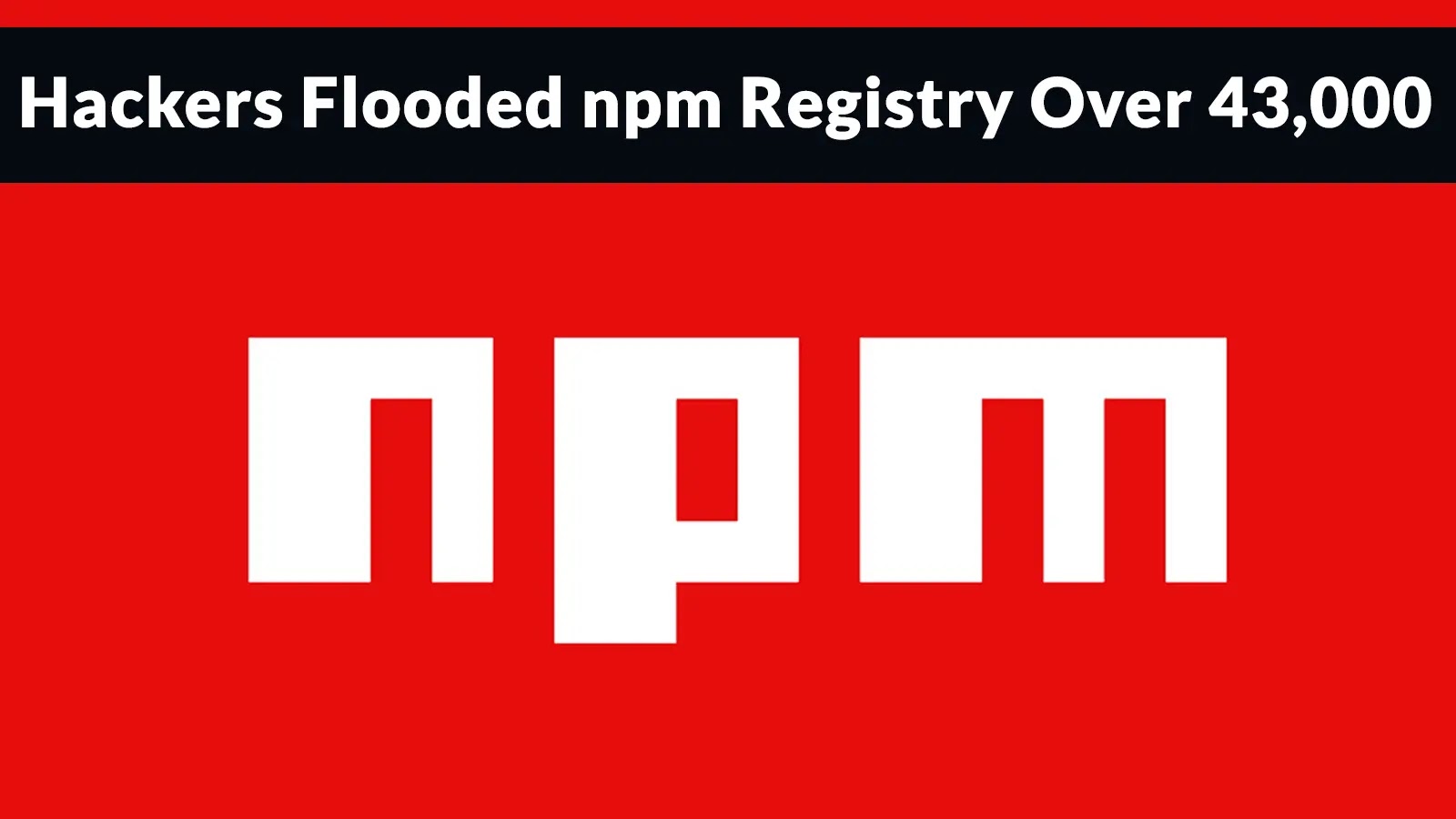ConnectWise, the developer behind the widely used remote access and support software ScreenConnect, has recently disclosed a cyberattack believed to be orchestrated by a sophisticated nation-state actor. The breach, which affected a limited number of ScreenConnect customers, has prompted the company to initiate a comprehensive forensic investigation in collaboration with cybersecurity firm Google Mandiant.
In a brief advisory issued on May 28, 2025, ConnectWise stated, ConnectWise recently learned of suspicious activity within our environment that we believe was tied to a sophisticated nation-state actor, which affected a very small number of ScreenConnect customers. The company has since notified all impacted customers and is implementing enhanced monitoring and security measures to prevent future incidents.
While specific details regarding the number of affected customers, the exact timeline of the breach, and the identity of the threat actor remain undisclosed, this incident underscores the persistent and evolving threats faced by organizations in the digital landscape.
Background on ConnectWise and ScreenConnect
ConnectWise is a prominent provider of software solutions designed to empower managed service providers (MSPs) and IT professionals. One of its flagship products, ScreenConnect, offers remote desktop access and support capabilities, enabling technicians to manage and troubleshoot client systems efficiently. The platform’s extensive adoption across various industries makes it a critical tool for IT service delivery.
Recent Vulnerabilities and Exploits
This cyberattack follows the disclosure and patching of a high-severity vulnerability in ScreenConnect, identified as CVE-2025-3935, in late April 2025. This flaw, present in versions 25.2.3 and earlier, could be exploited for ViewState code injection attacks using publicly disclosed ASP.NET machine keys—a technique detailed by Microsoft in February 2025. ConnectWise addressed this issue in ScreenConnect version 25.2.4. However, it remains unclear whether the recent breach is directly linked to the exploitation of this particular vulnerability.
The cybersecurity community has observed a pattern of threat actors targeting vulnerabilities in remote access tools like ScreenConnect. In early 2024, critical flaws in ScreenConnect (CVE-2024-1708 and CVE-2024-1709) were exploited by both cybercriminals and nation-state actors from countries including China, North Korea, and Russia. These exploits facilitated the delivery of various malicious payloads, highlighting the attractiveness of such platforms as entry points for unauthorized access.
Implications of Nation-State Involvement
The involvement of a nation-state actor in the recent ConnectWise breach suggests a high level of sophistication and resources behind the attack. Nation-state cyber operations often aim to achieve strategic objectives, such as intelligence gathering, disruption of critical infrastructure, or economic espionage. The targeting of ScreenConnect customers indicates a potential interest in accessing sensitive information or disrupting services provided by MSPs and their clients.
This incident serves as a stark reminder of the escalating cyber threats posed by state-sponsored actors. Organizations, particularly those providing remote access solutions, must remain vigilant and proactive in identifying and mitigating vulnerabilities to safeguard their systems and the data of their clients.
ConnectWise’s Response and Recommendations
In response to the breach, ConnectWise has taken several steps to enhance its security posture:
– Engagement with Cybersecurity Experts: The company has enlisted Google Mandiant to conduct a thorough forensic investigation to understand the scope and impact of the attack.
– Customer Notification: All affected customers have been informed about the incident, ensuring transparency and enabling them to take necessary precautions.
– Enhanced Monitoring and Hardening Measures: ConnectWise has implemented additional security measures across its environment to detect and prevent future unauthorized activities.
ConnectWise has also emphasized the importance of customers keeping their software up to date. Regularly applying patches and updates is crucial in mitigating the risk of exploitation through known vulnerabilities.
Broader Industry Context
The ConnectWise incident is part of a broader trend of cyberattacks targeting remote access tools and MSPs. These platforms are attractive targets due to their widespread use and the level of access they provide to client systems. For instance, in 2024, vulnerabilities in ConnectWise ScreenConnect were exploited by ransomware groups like LockBit and Black Basta, leading to significant disruptions and data breaches.
The healthcare sector has also been notably impacted. In early 2024, a cyberattack exploiting a vulnerability in ConnectWise ScreenConnect led to significant disruptions at UnitedHealth’s Change Healthcare, affecting services across the United States. This incident underscored the critical need for robust cybersecurity measures in sectors handling sensitive data.
Recommendations for Organizations
In light of these developments, organizations utilizing remote access tools should consider the following actions:
1. Regular Software Updates: Ensure that all software, especially remote access tools, are updated promptly to address known vulnerabilities.
2. Implement Multi-Factor Authentication (MFA): Enhance access controls by requiring multiple forms of verification, reducing the risk of unauthorized access.
3. Conduct Regular Security Audits: Periodically assess systems and networks for potential vulnerabilities and address them proactively.
4. Employee Training: Educate staff on recognizing phishing attempts and other common attack vectors to prevent inadvertent compromises.
5. Develop Incident Response Plans: Establish and regularly update plans to respond effectively to security incidents, minimizing potential damage.
Conclusion
The recent cyberattack on ConnectWise highlights the persistent and evolving threats posed by nation-state actors targeting critical software platforms. As cyber adversaries continue to refine their tactics, it is imperative for organizations to adopt a proactive and comprehensive approach to cybersecurity. By staying informed about emerging threats, implementing robust security measures, and fostering a culture of vigilance, organizations can better protect themselves and their clients from the ever-present dangers in the digital realm.



